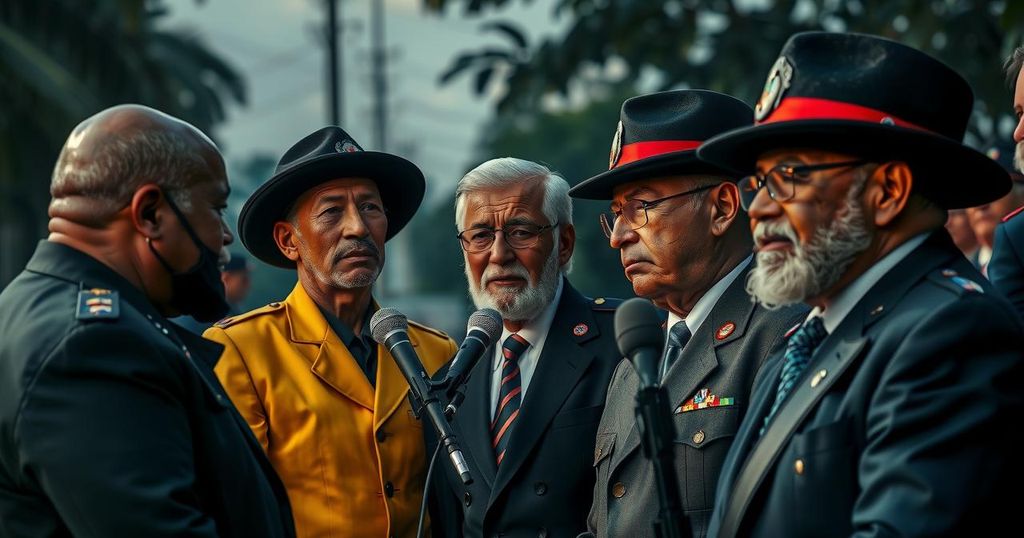In Nicaragua and the Democratic Republic of Congo, political leaders are pursuing constitutional amendments that threaten to extend presidential powers and undermine democratic institutions. The opposition in both nations fears these changes will facilitate authoritarian governance, as protests and calls for resistance emerge. International responses have been limited thus far.
Political leaders in Nicaragua and the Democratic Republic of Congo are advocating for constitutional amendments that have raised alarms among critics regarding the potential erosion of democratic principles. In both instances, the proposed changes appear to favor heightened presidential authority, thus threatening the stability and democratic foundations of these already precarious nations.
In the Democratic Republic of Congo, President Félix Tshisekedi announced the formation of a national commission to draft a new constitution, criticizing the existing 2006 framework as outdated. Opposition members express fears that these amendments could enable Tshisekedi to extend his presidency beyond the two-term limit, particularly after his contentious reelection last December. Shadary Ramazani, spokesperson for the party of former President Joseph Kabila, emphasized that “This constitution was meant to prevent authoritarian drifts.” Subsequently, calls for nationwide protests against Tshisekedi’s plans have emerged from opposition groups.
The moves in both Nicaragua and the Democratic Republic of Congo reflect broader concerns regarding democratic governance in the global South. These proposals for constitutional reform are situated in contexts of political instability and prior contested elections, which further complicates the democratic landscape. Observers note similar rhetoric employed by both leaders, framing their proposals as necessary for modernization and stability, while critics label them as clandestine efforts to undermine democratic checks on executive power.
The ongoing endeavors in Nicaragua and the Democratic Republic of Congo to amend constitutions are emblematic of troubling trends toward authoritarianism. In both nations, the leaders’ claims of modernization are met with significant opposition, who view these moves as threats to democratic institutions. The responses from the international community remain tepid, leaving open the possibility for further escalation in these critical moments for democracy in both countries.
Original Source: www.firstpost.com






